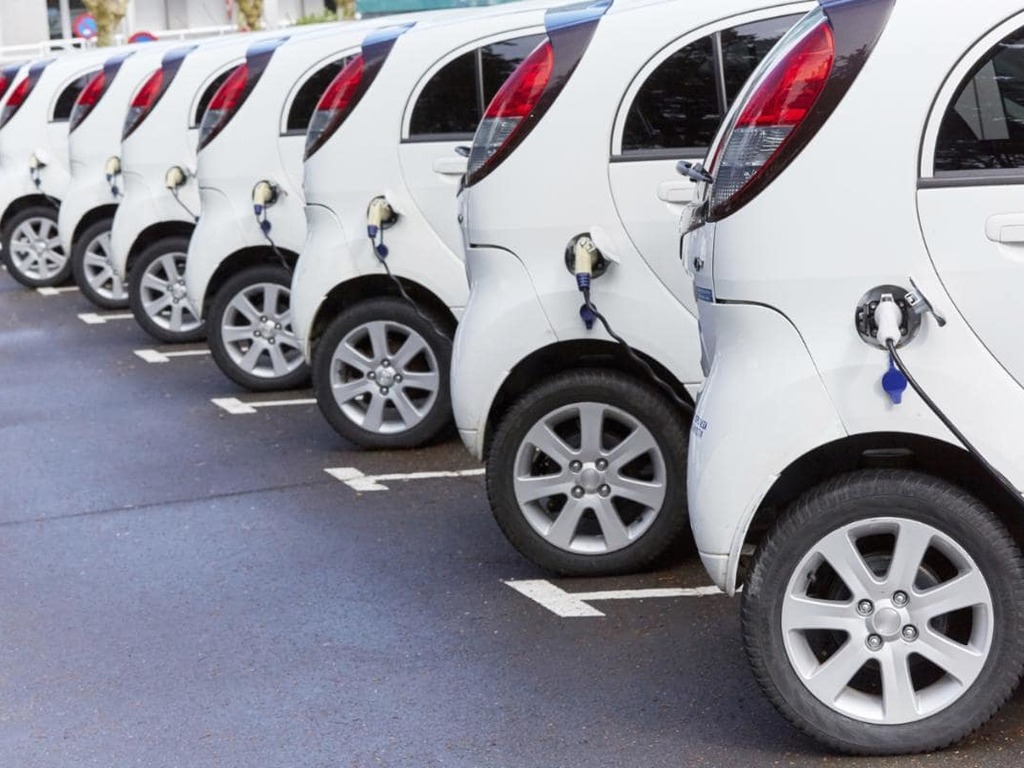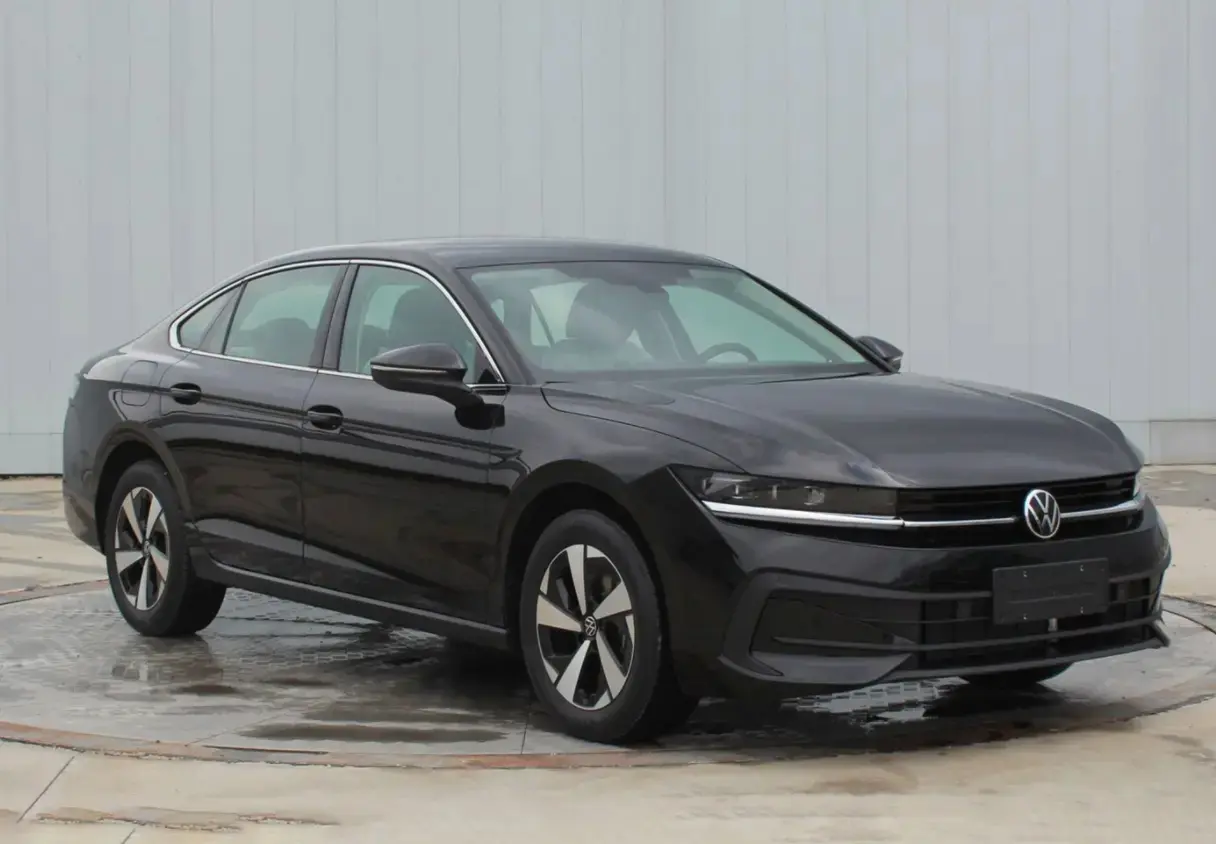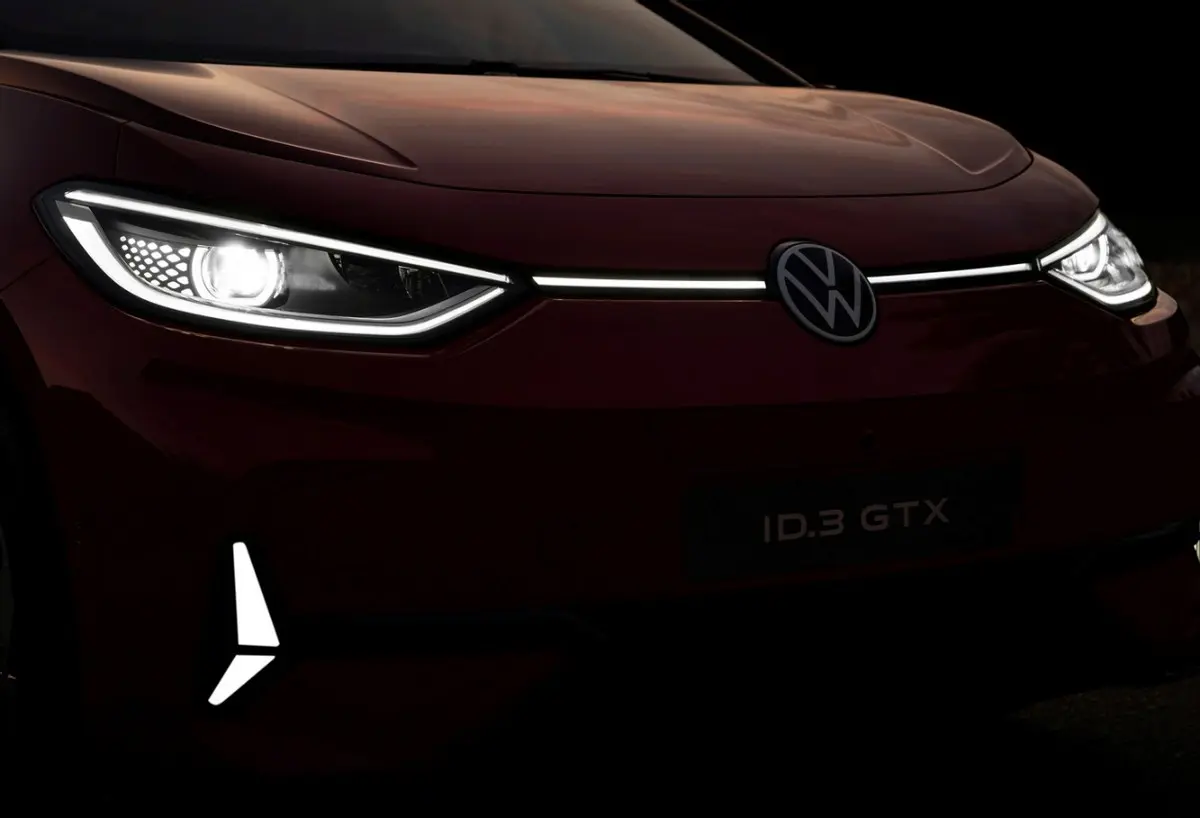
Internal Combustion Engines in 2024 - do they have a future?
Mar 13, 2024The European Union has officially approved a ban on the installation of internal combustion engines in new cars from 2035 in order to reduce CO2 emissions. According to the regulation, manufacturers exceeding emission targets will have to pay fines. The new standards promote the spread of electric cars and hybrids, reducing the competitiveness of cars with internal combustion engines.
Transition to alternative technologies
Some automakers, such as Volkswagen, have already put forward ambitious targets to eliminate internal combustion engines from their product range by 2033. This shows that the car industry is actively investing in the development of alternative technologies to meet market demands and climate regulations. However, the transition to electric and hybrid technologies requires not only innovation in transportation, but also the deployment of charging infrastructure for electric vehicles.

New opportunities and challenges
The "Fit for 55" package was initiated by the European Commission to reduce greenhouse gas emissions and achieve climate neutrality. This approach not only puts pressure on automakers, but also opens up new opportunities for the development of environmentally friendly technologies and infrastructure. Therefore, the transition to zero CO2 emissions can become not only a challenge, but also a stimulus for innovation and development in the automotive industry.
Electric vehicle production forecasts
SNE Research predicts impressive growth in the electric vehicle market. It is expected to reach $616 billion by 2035. This growth in electric vehicle sales will lead to a significant increase in battery supply from 482 gigawatt hours in 2023 to 5.3 terawatt hours by 2035.
The market penetration rate of electric vehicles is projected to grow consistently. While it was 13% in 2023, it is expected to reach 90% by 2035. At the same time, the production volume is expected to reach 80 million electric cars per year.
What's next for the internal combustion engine?
The future of the internal combustion engine seems increasingly uncertain in the context of stringent climate regulations and the growing popularity of alternative technologies. However, this transition also opens up new opportunities for the automotive industry by stimulating the development of environmentally friendly solutions and infrastructure. Many countries - Japan, Singapore, Norway, France, France, some US states, etc. - are planning to phase out internal combustion engine vehicles in the coming decades. And, as many experts point out, the time will come when internal combustion engines can be seen only in museums.





